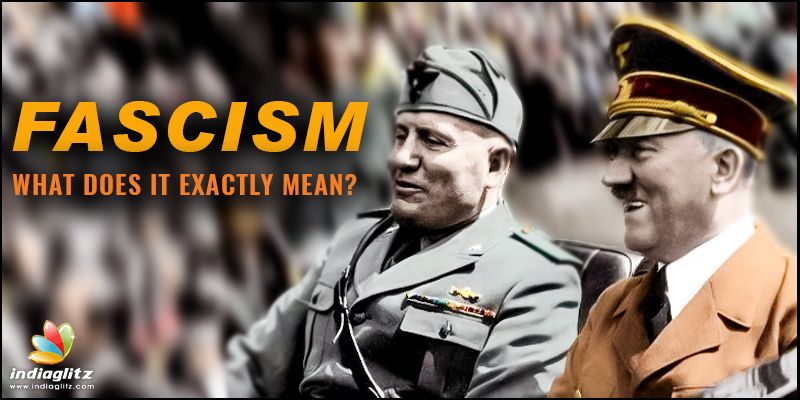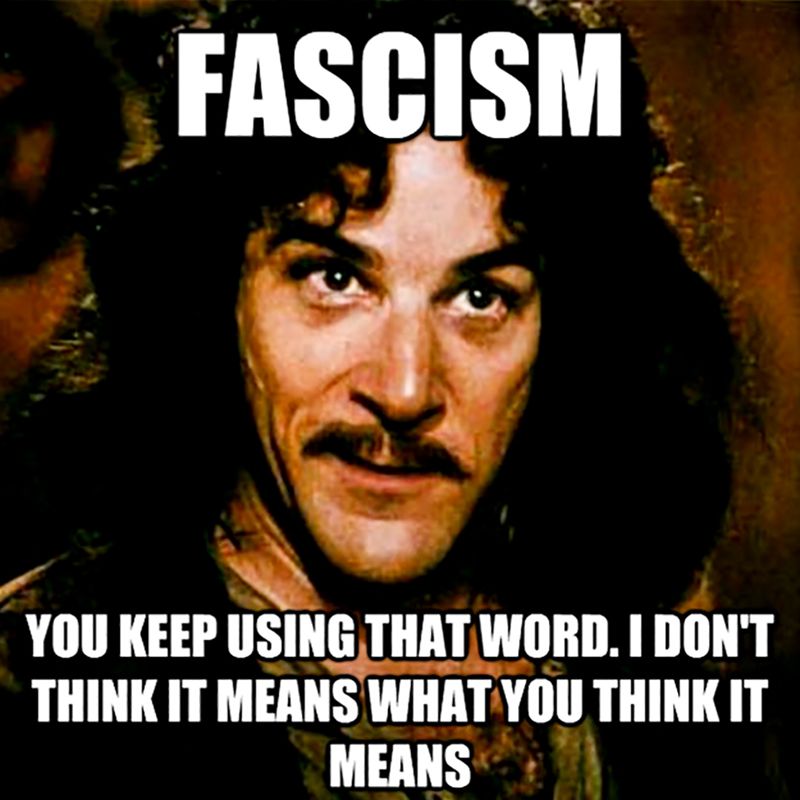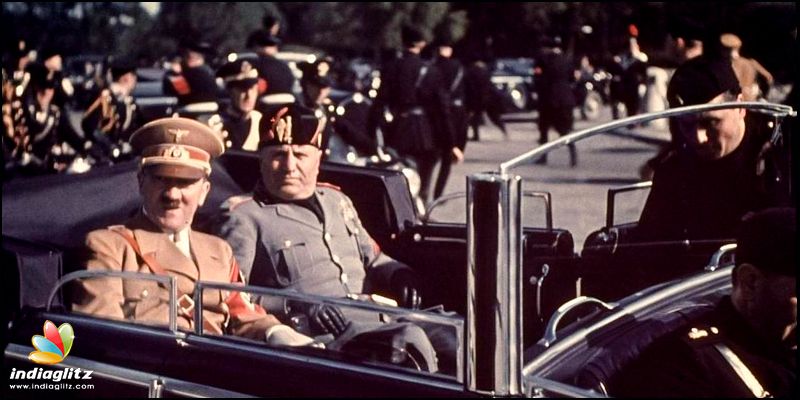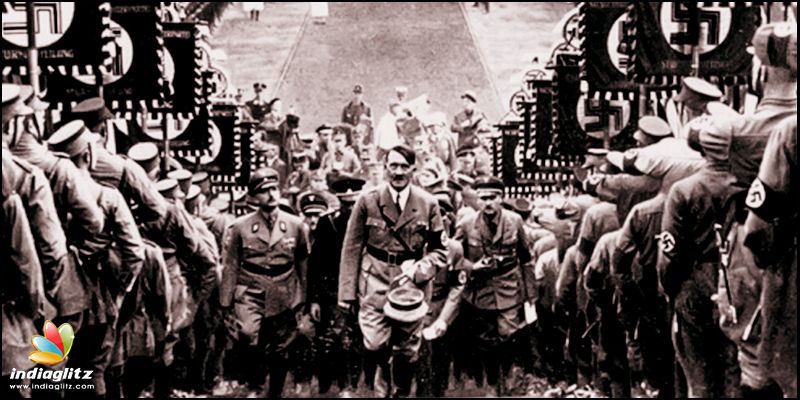Fascism- what does it exactly mean?


Send us your feedback to audioarticles@vaarta.com



If there's one word which gets thrown around a lot these days, it has to be this: fascism. And we’re left to wonder what this elusive, enigmatic word means. Once a political philosophy, now the word is mostly dished out a sort of cuss word toward political parties. ‘Fascist regime’, ‘fascist government’ – newspapers are filled with these nowadays. But do you really understand what fascism is?
Honestly, mostly scholars themselves believe that fascism cannot be explained by an accurate definition. But different countries with distinctive ruling structures had ‘fascist’ tendencies.
What is fascism?
As plain as it is, fascism is loyalty to the state and obedience to the ruler. Usually, in fascism, the people are ruled by a single leader(dictator) or a group of leaders(oligarchy). Now like every other government even a fascist government wants only the good for the state. But since for this it demands complete supplication of its people to its rule, it might become a hindrance for personal freedom and expression. And that’s why many get pissed off by certain government rules and call it fascist.

Another important character trait of a fascist government maybe that the decisions taken by the government is always correct. Bummer, right? I mean how can it be always right? You, see a fascist country/state is always right. Be it an opening of a relief camp to help victims, or killing immigrants mercilessly you just have to admit and align your belief systems with the state’s protocol.
What are its origins?

One vital character that could be pointed out in the genesis of this political trait is Mussolini. Mussolini as well know was an Italian dictator. But when he was young and had nothing better to do, he was an avid fan of Niccolo Machiavelli. And as we all know very well, Machiavelli was a renowned political strategist who through his famous work ‘The Prince’ ideated on the ruthless(some call it evil) and manipulative tendencies that one should use to gain power.
Later as Mussolini grew up, scholars believe that the way he interpreted his observations from his readings led him to his style of ruling which we understand as fascism. Nope, Mussolini didn’t stop there. Maybe he had a lot of free time that he actually wrote a Fascist Decoulageof 1934 where he identifies various founding principles of fascism.
But then again, different rulers brought different definitions to the term. One other bad guy whose political style was much influenced by fascism was, of course, Adolf Hitler. But the main point to understand here is that it’s a political philosophy which gains the dissent of people by being too much supervising and authoritarian.
But why?

If fascism is such a bummer philosophy you’d naturally be egged to question why people allowed it? For that, we will again have to flip the pages of history back to the end of second world war when Italy was devastated, with unemployment, lack of food and the general debilitating state. And that is where a charismatic leader was needed and it was Mussolini. Formerly he was a staunch socialite, but now he was totally against it looking to set up a strong Italian dictatorship. He also succeeded in it. Mussolini is also known to have banned numerous books and art pieces during his fascist regime. Now we think you’ve got a fair idea of what fascism is or how just how you can use it in the modern context.
So the next time your dad asks you to be back home by 9 pm, you can call him a stupid fascist bloke. At your own peril.
Follow us on Google News and stay updated with the latest!
-

Bala Vignesh
Contact at support@indiaglitz.com




 Follow
Follow









-a3e.jpg)
-3c4.jpg)
-e5c.jpg)
-e66.jpg)
-71b.jpg)
-5d5.jpg)
-adc.jpg)
-798.jpg)

-7c2.jpg)































Comments